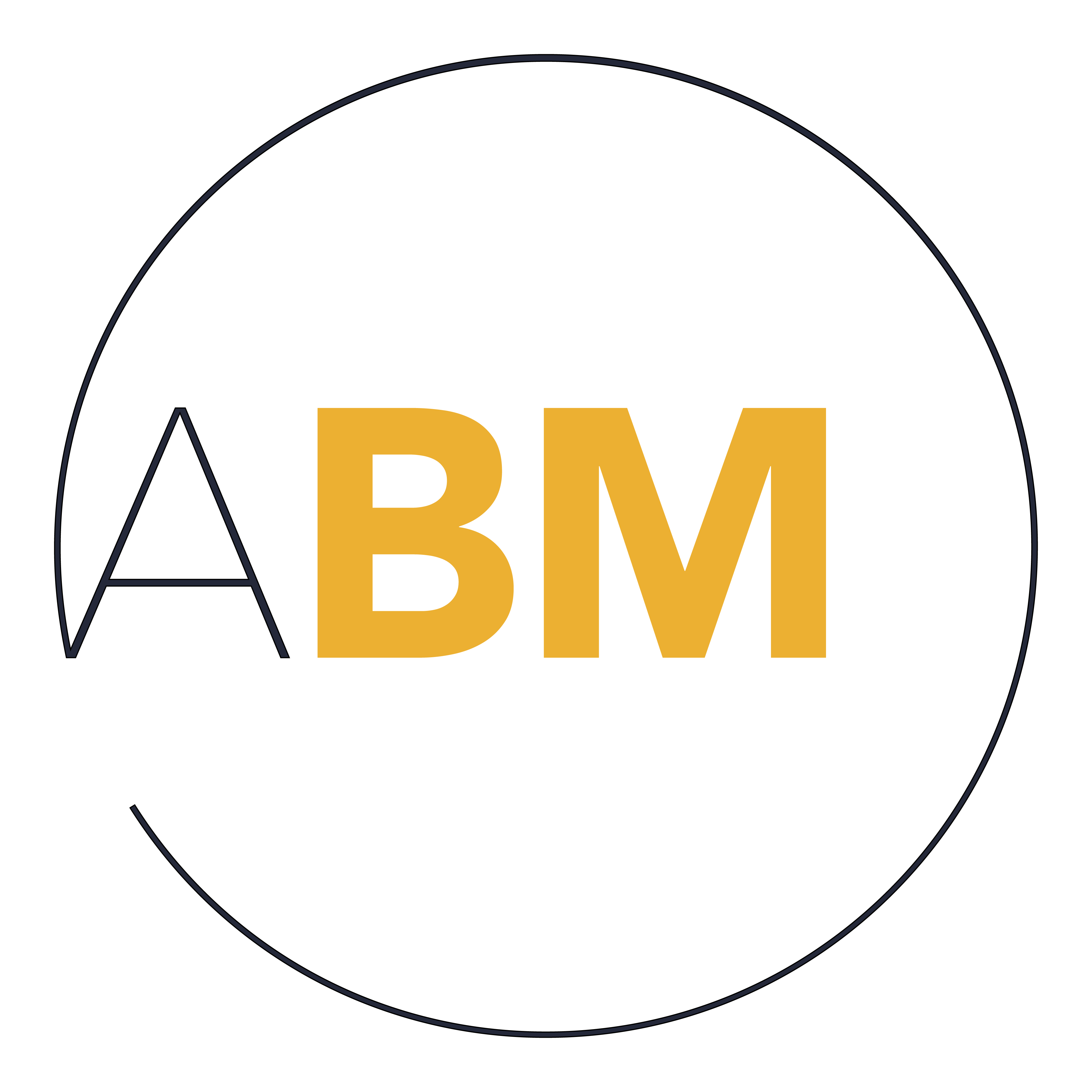What did that study really show?
Betinna Forbes’ provocative blog, “Don’t believe every breastfeeding study you see,” got me thinking about what the media, and the general public, understand about scientific studies. The issue this week is a report from HealthDay about a study presented in Spain. The headline, “Long-Term Breast-Feeding Tied to More Aggressive Cancers,” generated a tremendous amount of discussion in blogs and parenting web sites. Are moms who breastfeed upping their cancer risk?
The short answer is most likely no, but it’s difficult to tell from the data presented. The news reports are based on a presentation at a clinical meeting, called an abstract, which is a “first draft” of any study. (See “What’s an abstract, and why does it matter?” for more on this.)
I’ve looked at the abstract, and it’s really difficult to figure out what the researchers did in this analysis. It appears that they’ve collected information on 17035 women, among whom 622 developed breast cancer.
They looked at four categories of average duration of breastfeeding per child — less than 2.2 months, 2.2-4 months, 4 to 6.2 months, and >6.2 months — by splitting the reported durations into equal groups, called quartiles. First, they found that “overall risk for breast cancer was similar in all quartiles.” This is not entirely surprising, because they combined women who had never breastfed with women who breastfed up to 2.2 months per child. In a study published in August 2009, we found that even a few months of breastfeeding was associated with decreased risk, compared with never breastfeeding at all. If this abstract combined women who never breastfed with those who breastfed for several months, they may not be able to pick up a difference.
But that’s not the part of the abstract that got all the media attention. According to the abstract:
In women with long (≥6.2 months) duration of breastfeeding, there was a statistically significant risk of grade III tumours, 1.87 (1.05–3.34), and tumours with high Ki67, 2.15 (1.14–4.05).
Remember, they’ve already told us that rates of breast cancer were similar regardless of breastfeeding duration. What this implies, then, is that among women who developed breast cancer, those who breastfed >6.2 months per child were more likely to have a higher grade tumor than those who breastfed <2.2 months per child to develop high-grade tumors.
Notably, the abstract doesn’t indicate whether the authors were assessing breast cancer before menopause, after menopause, or both. This is a critically important question, because breast cancer biology differs depending on whether a woman is pre- or post-menopausal. Most of the studies on breastfeeding and breast cancer suggest that there is greater protection for pre-menopausal breast cancer. It’s possible that the apparent differences in tumor type relate to relatively more post-menopausal breast cancer among women with longer breastfeeding durations.
The authors also don’t report how many high-grade tumors were found in the 4 groups — they only report the relative risk, which is about two. Without knowing the number of high-grade tumors in the low risk group, we can’t tell whether a 2-fold risk is an absolute difference from 1 to 2 cases, or from 100 to 200 cases. We’ll know all these answers when the actual study comes out.
So what’s the take home? First, for the most complete information, don’t rely on media reports — go to the full, published study. And if the study hasn’t yet been published, stay tuned. If the results are accurate, you’ll be able to read the full study once it’s peer-reviewed. If the work is never published in a peer-reviewed medical journal, there’s probably a good reason.
Alison Stuebe, MD, MSc, is a maternal-fetal medicine physician and assistant professor of Obstetrics and Gynecology at the University of North Carolina School of Medicine.



[…] What did that study really show? Betinna Forbes’ provocative blog, “Don’t believe every breastfeeding study you see,” got me thinking about what the media, and the general public, understand about scientific studies. Cancel reply […]
Don’t Believe Every Breastfeeding Study You See…
April 8, 2010 at 3:49 pm
[…] This post was mentioned on Twitter by Crunchy Nurse, Alison Stuebe. Alison Stuebe said: What did that #breastfeeding and #breastcancer study really show? http://wp.me/pSyyU-j […]
Tweets that mention What did that study really show? « Breastfeeding Medicine -- Topsy.com
April 8, 2010 at 5:58 pm